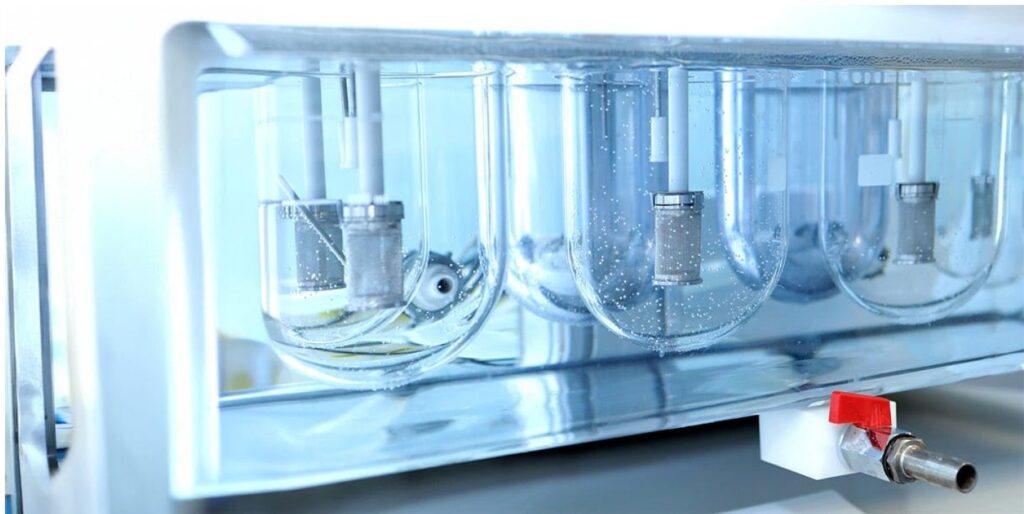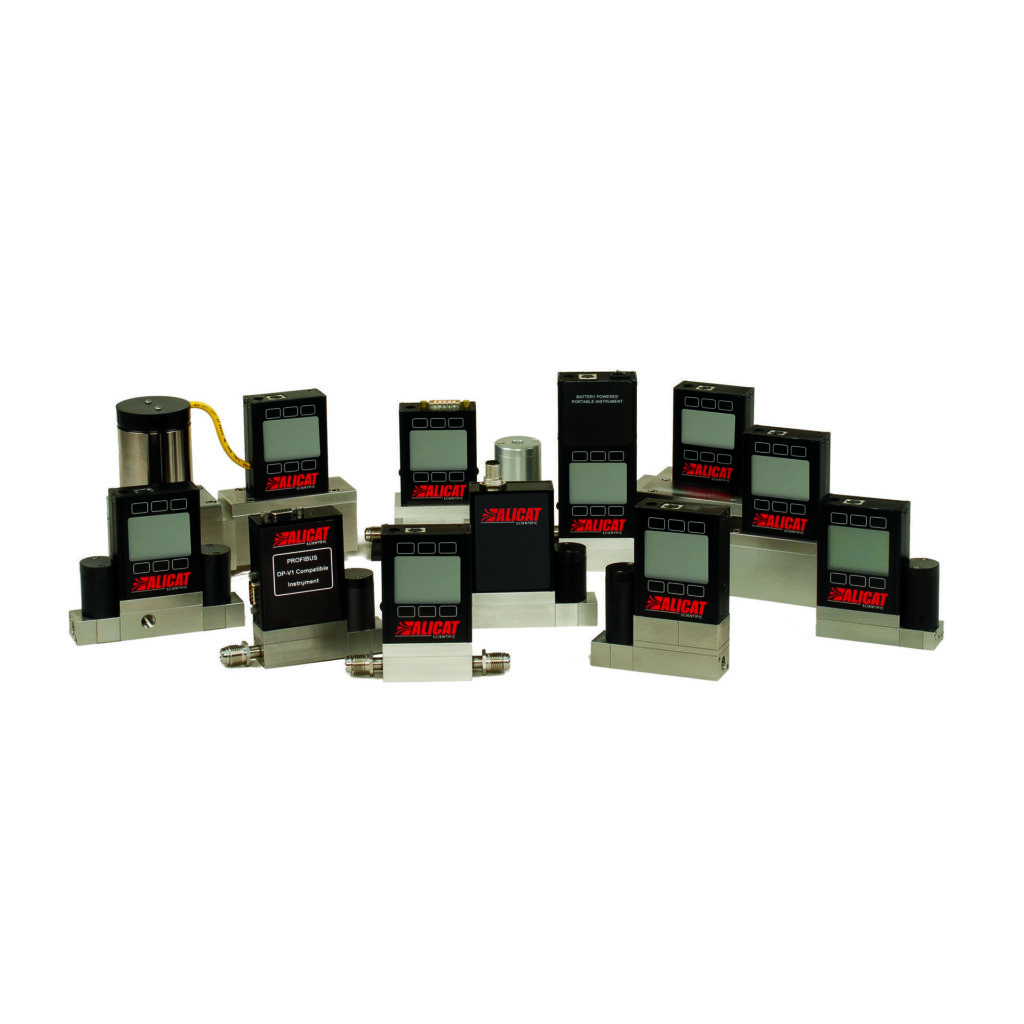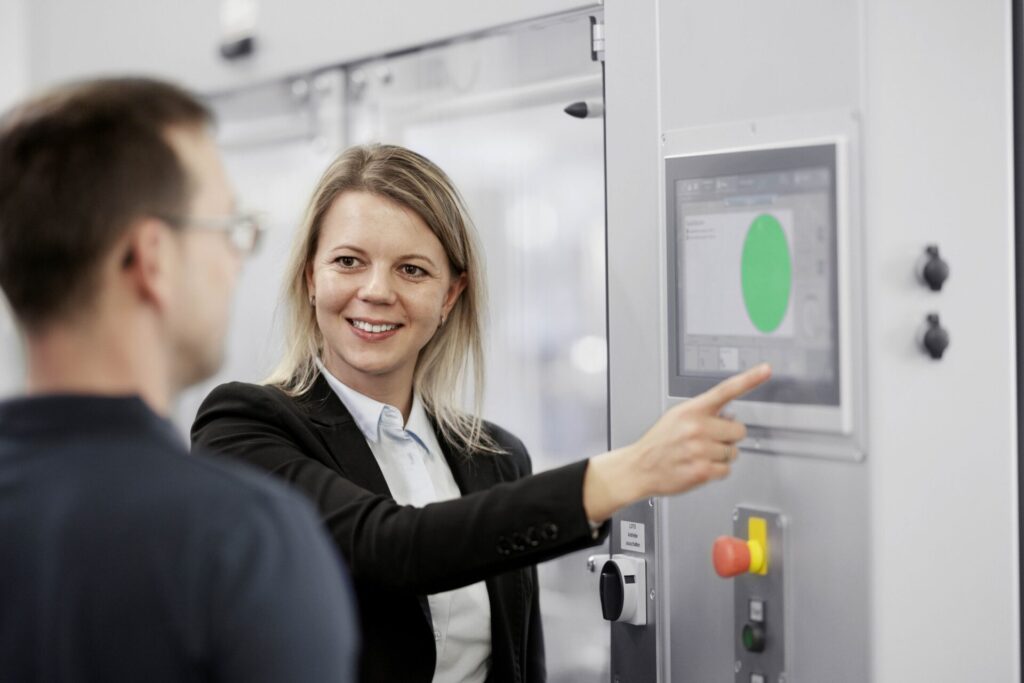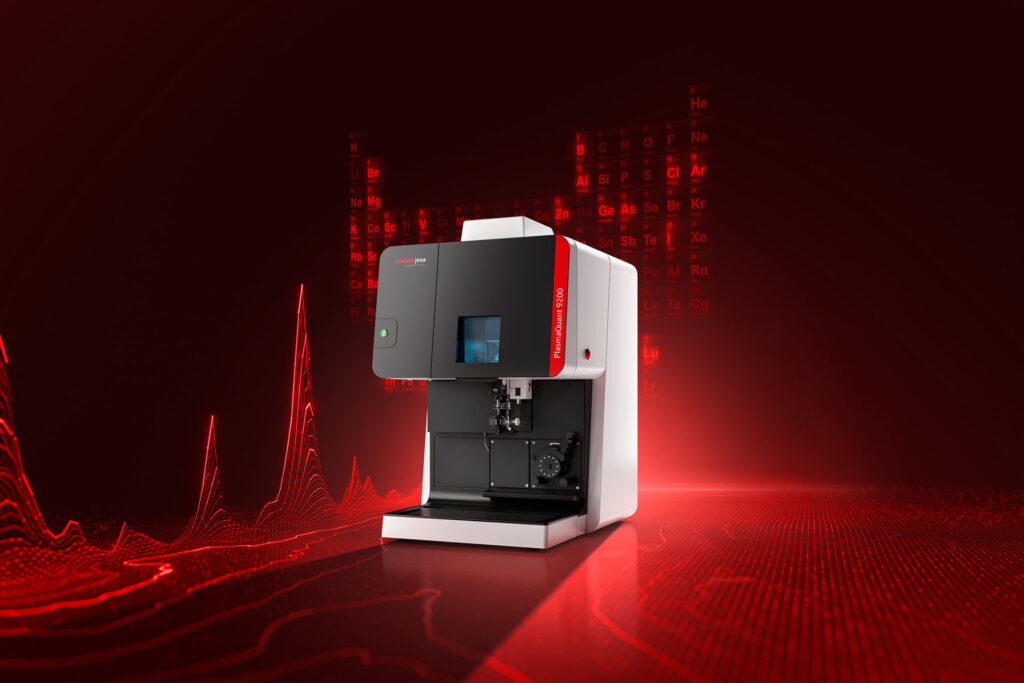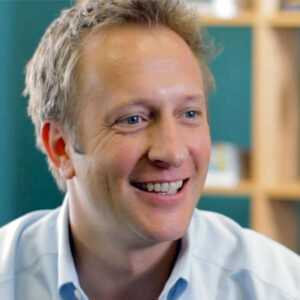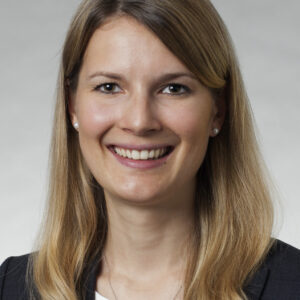Fluid handling technology is used to automate the transfer, measurement, and dispensing of liquids in the biotechnology market. This technology is essential for a variety of applications, including cell culture, drug discovery, and diagnostics.
Automated liquid handling systems can improve the accuracy, efficiency, and reproducibility of these processes. They can also reduce the risk of contamination and improve the safety of laboratory workers.
Examples of fluid handling technology used in the biotechnology market include:
- Peristaltic pumps: Peristaltic pumps are aseptic and can be used to transfer a variety of fluids, including hazardous and corrosive materials.
- Single-use fluid handling systems: Single-use fluid handling systems are disposable, which can help to reduce the risk of contamination.
- Microfluidic devices
- Automated fluid handling systems: Automated fluid handling systems can help to improve efficiency and productivity.
- Datalogging systems: Datalogging systems can help to improve traceability and compliance.
These technologies are used to handle a wide range of fluids, including water, buffers, cell cultures, and reagents. They are also used to handle a variety of volumes, from small volumes (nanoliters) to large volumes (liters).
The use of fluid handling technology in the biotechnology market is essential for the development of new drugs, vaccines, and diagnostics. It is also essential for the production of these products in a safe and efficient manner.




